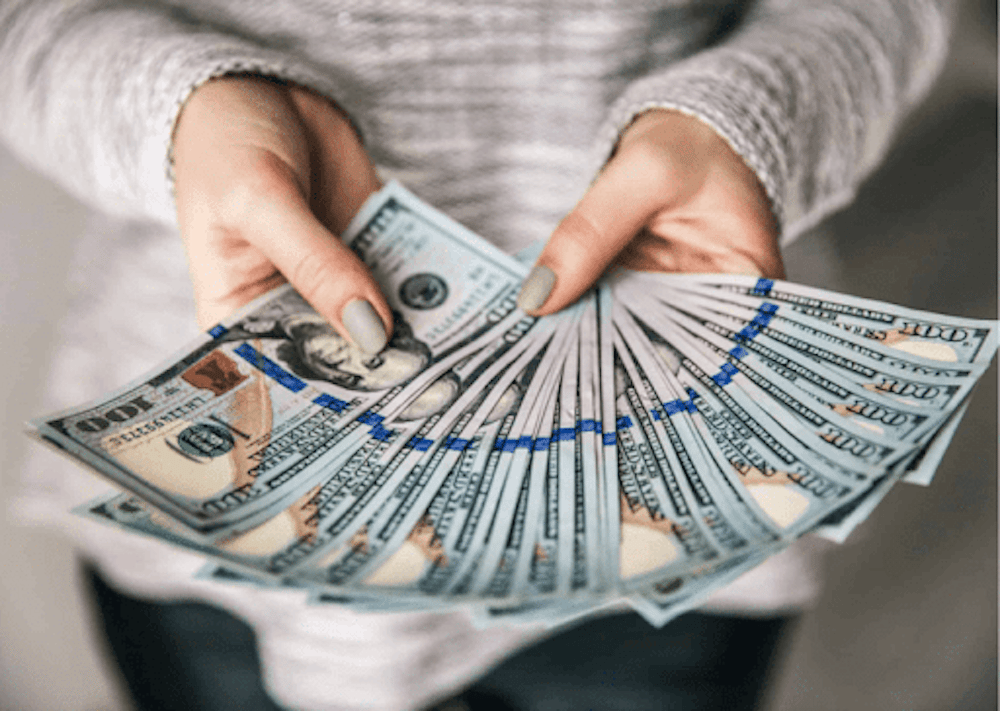Table of Contents
A payday loan is a short-term loan that you can use to tide yourself over until your next paycheck. It’s typically for a smaller amount of money, and you have to repay it relatively quickly. How does it work? You typically have to fill out an online application or go into a store. Once you’re approved, you’ll get the money either right away or within a few days. You’ll then have to repay the loan, plus interest and fees, by your next pay day. How can you get one? If you need a payday loan, there are a few different ways to get one. You can go to a store, apply online, or even get them from some employers. In this blog post, we’ll explore payday loans in more depth. FlashApply covers how they work, how to get one, and what the pros and cons are.
What Is a Payday Loan?
A payday loan is a small, unsecured, short-term loan typically borrowed in order to tide the borrower over until their next payday. They are also known as cash advances, and can be used in emergencies when the borrower needs quick access to cash.
What Are the Benefits of Taking Out a Payday Loan?
Payday loans can be helpful in emergency situations where you need quick access to cash and cannot wait until your next paycheck. They are easy to apply for and usually have a very short turnaround time, so you can get your money quickly. Additionally, most lenders do not require a credit check in order to qualify for a loan, so they can be an option for people with bad credit or no credit history.
What Are the Drawbacks of Payday Loans?
While payday loans can be helpful in some situations, there are also several drawbacks that you should be aware of before taking one out. First of all, payday loans typically have very high interest rates, so you could end up paying a lot more in fees and interest than you originally borrowed. Additionally, if you are unable to repay the loan on your next payday, you can roll it over into a new loan, accruing additional fees each time. This can quickly become very expensive and lead to a cycle of debt that is difficult to break free from. Finally, because payday loans are unsecured, the lender may take legal action against you if you default on the loan.
How Does It Work?
A payday loan is a small, unsecured, short-term loan typically borrowing $500 or less, that is typically due on your next payday. If you have an unexpected emergency and need cash quickly, a payday loan may be right for you.
How do payday loans work? You typically write a check for the amount you are borrowing — plus a fee. The lender holds onto the check and cashes it on your next payday when the loan comes due. Some lenders will allow you to rollover the loan for another pay period by paying the fee again, but this can lead to quick succession of fees that can add up quickly.
To get a payday loan, you typically go to a payday lending store and fill out an application. Be sure to bring proof of income (such as a pay stub), identification, and proof of your bank account number with you. Once approved, you write a post-dated personal check for the amount borrowed— plus any fees. On your next payday, usually two weeks later, the lender cashes your check unless you extend or rollover the loan into a new one.
How to Get One?
Getting a payday loan is relatively simple and can be done in a few steps. First, you’ll need to find a lender that offers payday loans. There are many lenders that offer this type of loan, so shop around to find the best rate and terms. Once you’ve found a lender, you’ll need to fill out an application. The lender will then review your information and decide whether or not to approve your loan. If your loan is approved, you’ll typically receive the funds within 24 hours.
READ MORE: https://www.my-quickloan.co.uk/

Pros and Cons of Payday Loans
There are a number of pros and cons to taking out a payday loan. On the plus side, they can be a convenient way to access quick cash when you need it. They are also typically easy to qualify for, even if you have bad credit. On the downside, payday loans can be very expensive, with high interest rates and fees. They can also trap you in a cycle of debt if you’re not careful.
If you’re considering taking out a payday loan, make sure you understand all the costs involved. Weigh the pros and cons carefully to decide if it’s the right choice for you.
Alternatives to Payday Loans
There are a number of alternatives to payday loans. One option is to get a personal loan from a bank or credit union. Another option is to use a credit card. If you have good credit, you can usually get a cash advance from your credit card company. Another option is to get a short-term loan from a friend or family member.
If you are considering a payday loan, it is important to compare the interest rates and fees of different lenders. You should also make sure that you understand the terms and conditions of the loan before you sign any documents.
Conclusion
A payday loan is a type of short-term loan that can help you cover unexpected expenses or bridge the gap between paychecks. These loans are typically easy to qualify for and can be deposited into your bank account quickly, making them a convenient option when you need access to cash fast. While payday loans can be helpful in some situations, it’s important to remember that they come with high interest rates and fees. You should only consider a payday loan if you’re confident that you can repay the loan on time and in full.


